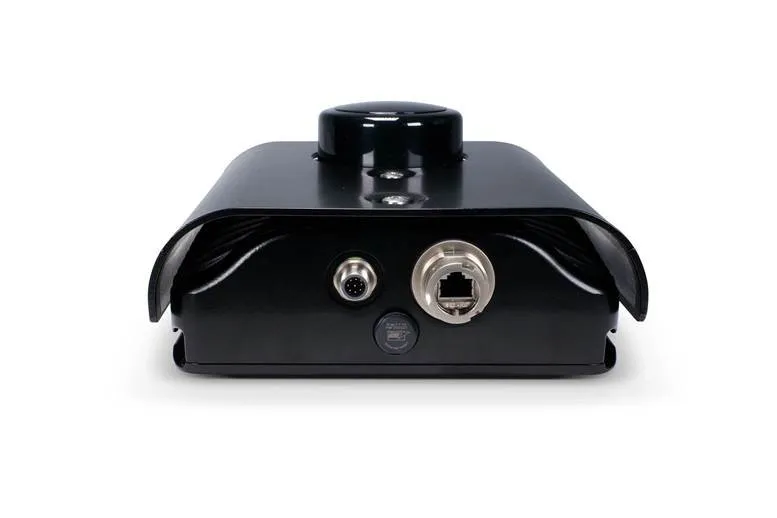Innovative fast-charging systems for electric vehicles are now being supplied to Norway. The country is buying the high speed charging technology from Epyon, a Belgian supplier. Norwegian firm Lysi Energi is purchasing the commercial charging stations for electric vehicles in a bid to build a nationwide network. Epyon recently installed a Terra 51 Charge Station in Sandnes, near the E39 highway to Stavanger, and plans installations at least at two more locations in the next two months.
April 25, 2012
Read time: 2 mins
RSSInnovative fast-charging systems for electric vehicles are now being supplied to Norway. The country is buying the high speed charging technology from Epyon, a Belgian supplier. Norwegian firm Lysi Energi is purchasing the commercial charging stations for electric vehicles in a bid to build a nationwide network. Epyon recently installed a Terra 51 Charge Station in Sandnes, near the E39 highway to Stavanger, and plans installations at least at two more locations in the next two months. Epyon says that its Terra 51 system can recharge an EV battery in 15-30 minutes. All Epyon systems are said to be future-proof and are equipped with web-updateable software. These allow downloads of communication protocols for new car models and applications to support new charging methods. Epyon’s software also allows for remote maintenance and monitoring of the charging levels. This development is of note as Norway is a major oil producer but is planning for future vehicles that are not oil dependent already.









